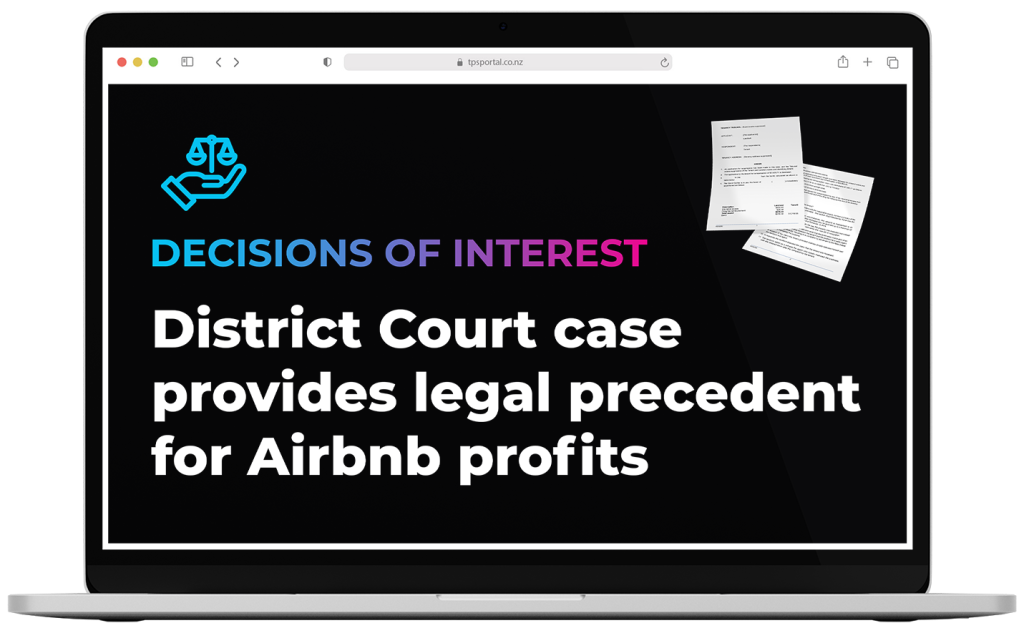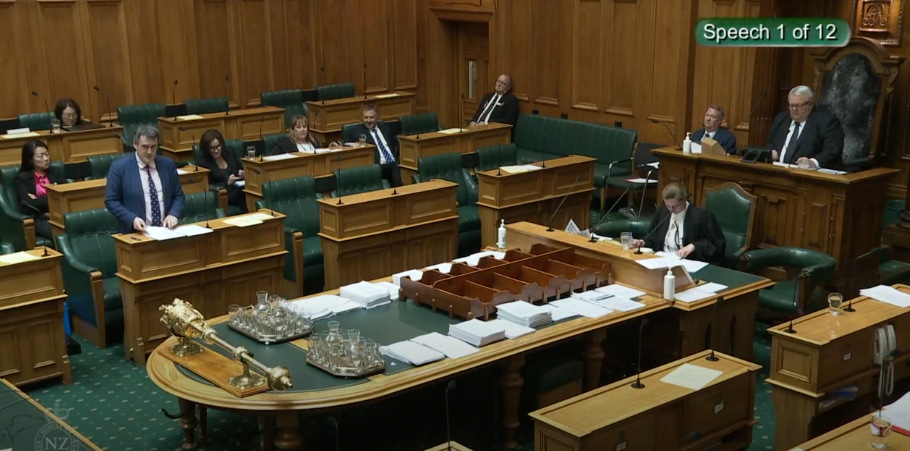
What can you do if you rent out your property to a tenant, only to discover they’re making a tidy profit by subletting it through Airbnb without your knowledge. This case establishes a legal precedent, allowing landlords to reclaim those profits and preventing tenants from unfairly capitalising on someone else’s property.
Case Background:
In this case, the tenant sublet their apartment through Airbnb without the landlord’s consent, breaching the tenancy agreement. The landlord, upon discovering the subletting, sought an account of profits. The Tenancy Tribunal initially awarded the landlord $2,150, calculating this amount based on the tenant’s net profit, which factored in rent and additional costs such as cleaning and servicing. Dissatisfied with this calculation, the landlord appealed, seeking an additional $5,437.70 in profits.
Legal Authorities:
- Section 44 of the Residential Tenancies Act (RTA): Prohibits tenants from subletting a property without the landlord’s consent. In this case, the tenant’s actions breached this section, as the tenancy agreement explicitly prohibited subletting without approval.
- Attorney-General v Blake [2001] 1 AC 268 (HL): A landmark case where the House of Lords allowed an account of profits in breach of contract cases. This precedent enables landlords to claim profits made by tenants who sublet in violation of tenancy agreements.
- Adlam v Savage [2016] NZCA 454: The Court of Appeal ruled that only net profits, after deducting reasonable costs, are recoverable in breach of contract cases, a principle crucial in determining the tenant’s repayment in this case.
- Equity and Trusts in New Zealand (2nd ed), Andrew Butler (Ed), Thomson Reuters, Wellington, 2009: This source explains that the goal of an account of profits is to prevent unjust enrichment, not to penalise the breaching party. This principle was key to calculating the tenant’s net profits from the Airbnb subletting.
Landlord’s Response:
- The landlord discovered that the tenant had sublet the apartment 55 times through Airbnb, violating the tenancy agreement.
- Seeking an account of profits, the landlord claimed the tenant had profited substantially from unauthorized subletting.
- The Tribunal awarded $2,150, based on a net profit calculation that considered rent and additional costs, but the landlord argued this method was flawed.




